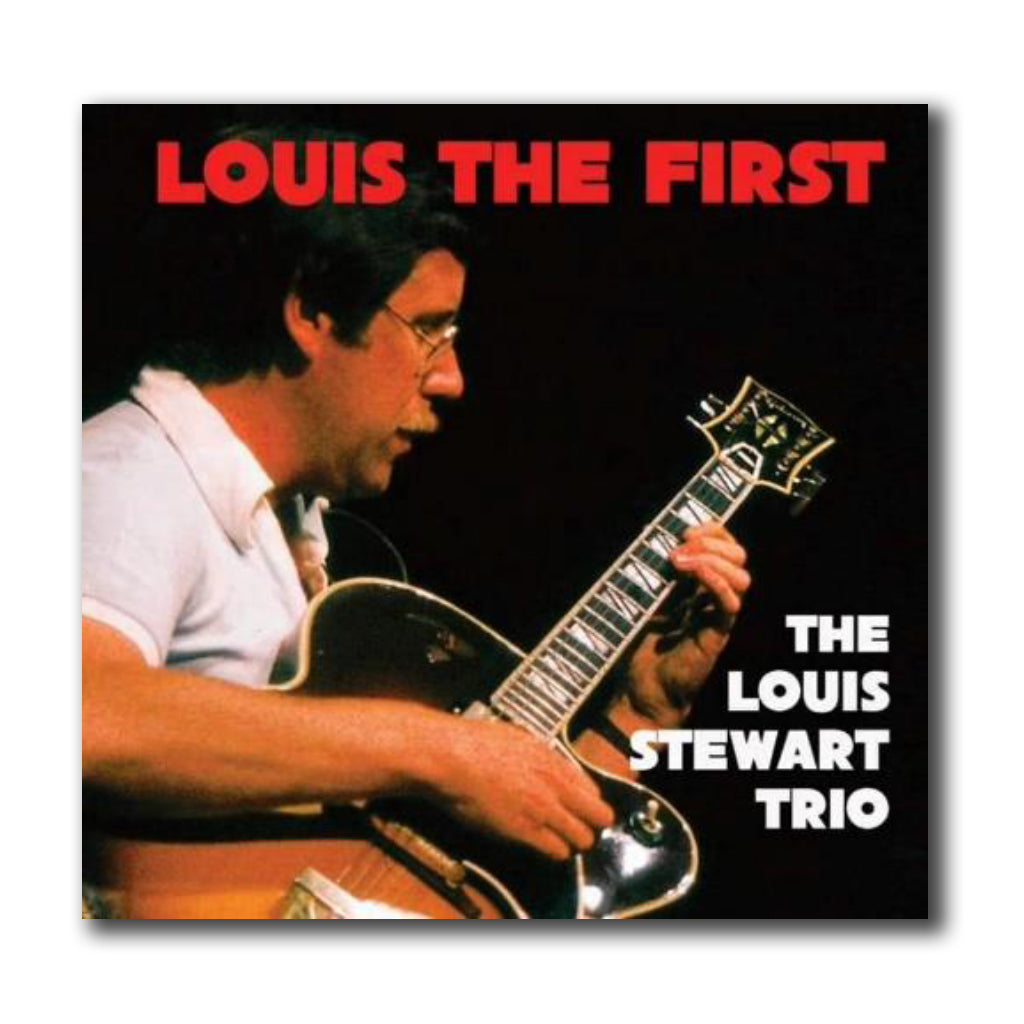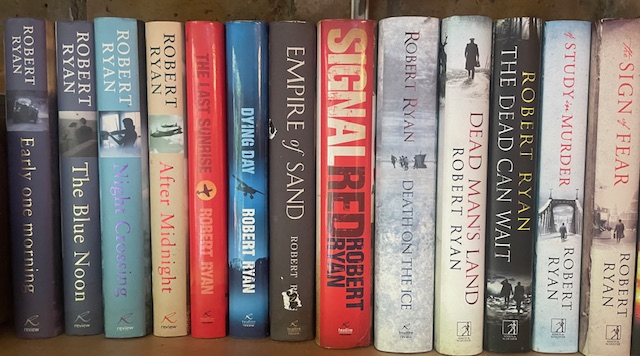THE JAZZ DEFENDERS
Pizza Express, Soho, April 30th
Originally published in the Camden New Journa:
https://www.camdennewjournal.co.uk/article/defence-of-the-jazz-realm
Over the years we have had Art Blakey’s Jazz Messengers, Ronnie Scott and Tubby Haye’s Jazz Couriers and the pioneering Jazz Warriors with Courtney Pine, Gary Crosby etc. from South London. Now, from Bristol, we have the Jazz Defenders. Given that jazz has probably never been so popular in this country, what exactly are they defending? Well, not the art form as a whole, but one important corner of it – the soul-jazz movement of (mostly) the sixties, with records such as Lee Morgan’s The Sidewinder, Horace Silver’s Song for my Father Hank Mobley’s No Room for Squares and Herbie Hancock’s Takin’ Off (which included Watermelon Man) or the under-rated Fat Albert Rotunda.
Purists were disparaging about many of the soul-jazz albums at the time, seeing them as a cynical ploy by Blue Note and other labels to sell more records on the back of the surprise success of The Sidewinder and, in the parlance of the time, “selling out” (there was some truth in this – records like Lee Morgan’s kept the label alive). Fortunately, “jazz” is a far broader, less judgemental church than it was, and original pressings of the once derided discs are now much sought after by collectors. And the musicians in The Jazz Defenders are too young to recall the hostility from the pages of Downbeat magazine.

In any case, the Jazz Defenders definitely have this side hustle’s corner. From the opening blast of unison horns from the frontline courtesy of Jake McMurchie on sax and Nick Malcom on trumpet, the audience knew they were in safe hands – these guys have this music down tight. Furthermore, they’re not a slavish tribute band, the tunes are all original compositions, which may have a rhythmic familiarity but with a modern melodic sensibility at work. There is even a blast of hip hop thanks to the special guest, the actor and rapper Doc Brown who offered a sparky, witty interlude with Rolling on a High (he should have a way with words – he is Zadie Smith’s younger brother). There was also welcome hints in the mix of Quincy Jones’s soundtrack work – think the muscular Theme from Ironside and the frothy Soul Bossa from the Austin Powersmovies.
Leader George Cooper – who moved house to London on the day of the gig – has played across the musical spectrum, having worked with Hans Zimmer, Nigel Kennedy, U2, Omar, Slum Village, MF Doom and The Brand New Heavies. It is little surprise that he can switch effortlessly between Herbie-like electric piano, classic Jimmy Smith Hammond B3 (albeit on a sound-a-like keyboard rather than the real beast) and, later, perform a lovely chamber piano piece called Enigma, which summoned up the spirit of Mehldau and Jarret. Kudos too to the powerhouse drummer Ian Matthews, whose “other band”, as he put it, is Kasabian. I asked him about being (like Charlie Watts) a rock drummer who loves and plays jazz. “They’re very different experiences,” he said, wheeling out a boxing analogy. “One is like punching haymakers, the other is more jabbing and fancy footwork.” So, one George Foreman, the other Muhammed Ali. In fact, given his ferocious final drum solo, it is obvious Matthews can bring a few Foreman haymakers to the party at any time.
The night’s repertoire was mainly drawn from the band’s latest album Memory in Motion (Haggis Records), with a sprinkling of tracks from the previous King Phoenix, including Munch, where taut acoustic bassist Will Harris switched to electric for a slice of infectious dirty funk. Live, the tunes are perhaps more full-blooded than on record, thanks to the vigorous soloing of McMurchie and Malcolm and the driving drumming from Matthews, but the album is worth investigating as it works on several levels. Given its lack of jazz dissonance and because it flirts with funk, soul and R&B, it can work as quality background music, but pay closer attention and the high calibre of the playing and writing draws you deeper into what is a very satisfying and rewarding set of soul-jazz in all its iterations. I would say the record (and the band live) is a perfect gateway drug for any jazz-averse friends you might have. This stuff burns.

On the wall behind me at the Pizza Express was a poster for guitarist Barney Kessel playing the venue, presumably back in the Sixties. It reminded me that I had been meaning to recommend an album by an Irish guitar player who cited Kessel (and Joe Pass and Wes Montgomery) as influences. Unlike the UK, Ireland in the sixties and seventies did not have a large pool of internationally recognised players, perhaps because the Catholic church long waged a campaign against the devil’s music (there were even anti-jazz parades in some towns and cities in the 1930s). Louis Stewart was an exception, a guitarist who played with Tubby Hayes and whom Ronnie Scott rated as one of the best in the business (unconditional praise from Ronnie was as rare as one of his new jokes). Stewart’s debut album (Louis the First) from 1975 has just been re-issued by Livia Records and it sounds wonderful. Straight out the gate with an energetic All The Things You Are, the listener agrees with Ronnie, this Irishman had the chops to play among the top guns. The album is all standards, sometimes tackled at quite a lick, but with remarkably precise playing from Stewart even at the fastest tempi. Mostly performed with his trio, there are also three solo pieces, one of which demonstrates how to take an old warhorse such as Send in the Clowns and breathe new harmonic life into it. Elsewhere his modern-sounding voicings remind me of when Larry Coryell parked his jazz-rock and played straight ahead jazz. Well worth investigating.
Stewart was also famed for a mischievous sense of humour. One story has it that, when he was ill in hospital, one of his relatives asked if, should the worst come to the worst, would the guitarist like to be buried or cremated? Stewart beckoned them closer and as they leaned in, he whispered: “Surprise me.”

The Jazz Defenders are going to have to go a long way to extract another review anything close to being as enthusiastic, erudite, articulate, and prodigiously knowledgable about them and all aspects of jazz as this. Based upon this I’ll be there for a pizza next time around.